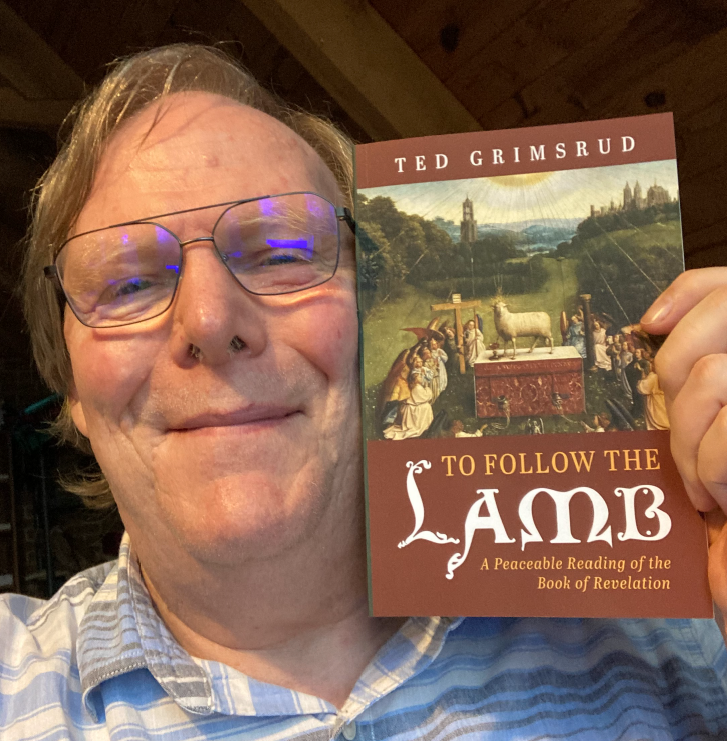We used to think the earth was the center of the universe.
Then Copernicus came along (so the story goes).
As a result of the Copernican shift in cosmology, modern man (who is younger, therefore, naturally, intellectually "brighter") came to see that human beings and our little planet are but a miniscule corner of a grand universe; not only are we not the cosmographical or gravitational center of the universe, modern man knows, we are not the spiritual or theological center either. We are not special. We are not the very reason for the creation of the cosmos; humanity is not the cosmic telos. This is why (so the story goes) the Copernican revolution threatened the medieval (pre-modern, hence "dark" in understanding) Church, with its fantasy that man is made in the image of God.
The Church survived, of course. Christians haven't had any problem accomodating to the idea that God might have other interests besides us, both on and off this world--though the incarnation still makes us pretty darn important. Thus, good Christians can be environmentalists, animal rights activists, and participate in the search or the hope that there is extra-terrestrial life, perhaps more enlightened or less fallen than we are. (See C.S. Lewis' "Space Trilogy", which Sheldon VanAuken among others has credited with showing that the Christian worldview is not too small for the universe we find ourselves in after all.)
These were the thoughts in my mind when, coming to the library this evening, I turned on Michigan Radio (one of our NPR stations) to listen to PRI's The World. They were interviewing an English environmental scientist, Andrew Watson (link 1), (link 2), who recently published his research, with his conclusion that there is very probably not intelligent life elsewhere than here on planet Earth that is more advanced than we are. He said something to the effect that this research changed the way he looks at earth: that human beings are probably the most intelligent, most important beings in the universe after all.
So much for the Copernican revolution.
--------
(Note: Of course, not everyone in Watson's scientific community agrees with his conclusion.)
------
"Make me a channel of your peace."
-St. Francis
Thursday, April 17, 2008
Anthropocentrism is alive in post-Copernican cosmology
Subscribe to:
Post Comments (Atom)







3 comments:
C. S. Lewis' The Discarded Image is a fascinating study on the medieval worldview (if nothing else, it's interesting seeing Lewis as a scholar and not just a popular Christian writer). Among other things, he notes that the spatial centrality of the world, for the medievals, was actually a sign of its extreme unimportance; space is the inverse of value, as it were. The Earth was the center around which everything else could dance. Just a rather interesting tidbit which I had come across.
There's a part of me that wriggles in glee when a scientist has a "doh!" moment.
:-)
I guess it's just one of my pet peeves, when people think they have life all figured out.
Sometimes Christians are good at thinking they have life all figured out, too: be they Calvinists or Arminians, Creationsists or Evolutionists, Pacifists or Just War Theorists.
It's something we all have to be on guard against in ourselves.
Post a Comment